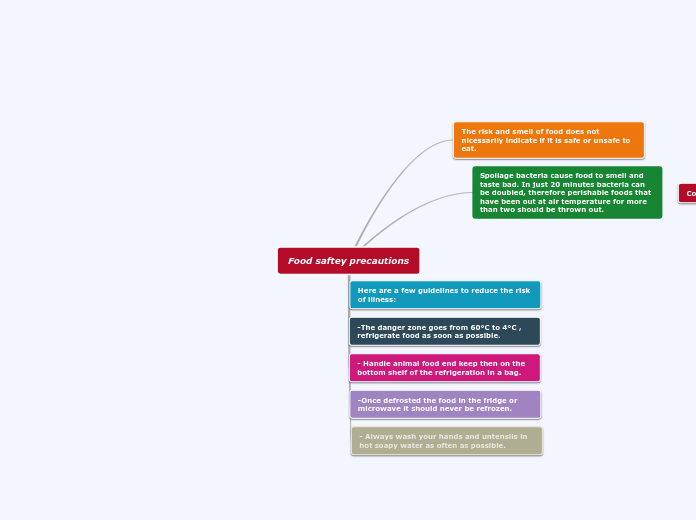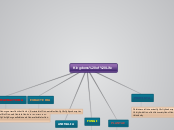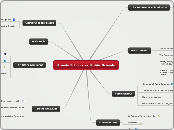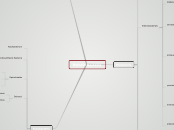por Alessia Acierno hace 5 años
265
Food saftey precautions
Ensuring food safety involves several key practices aimed at preventing contamination and reducing the risk of illness. Washing hands and utensils frequently with hot soapy water is a fundamental step.









